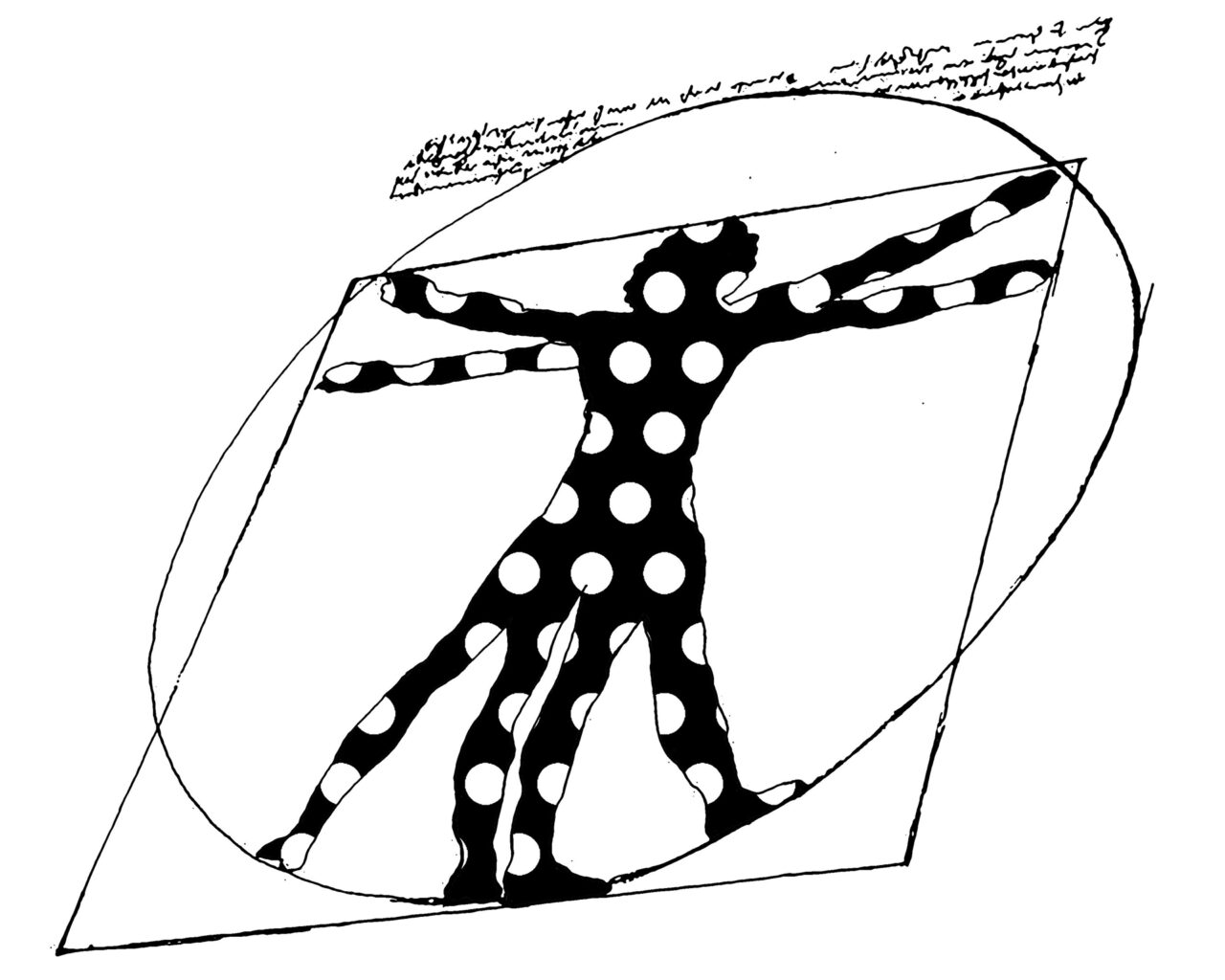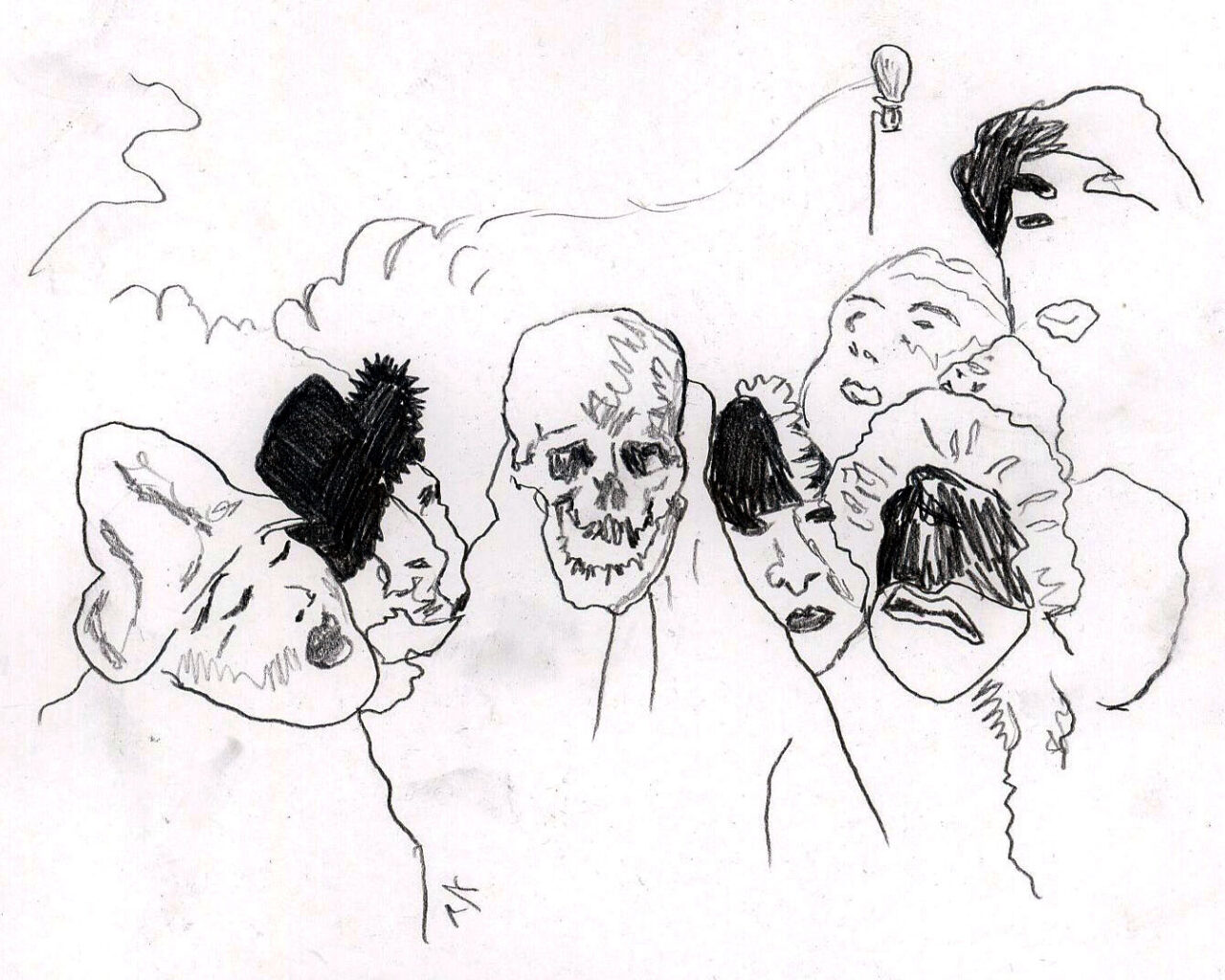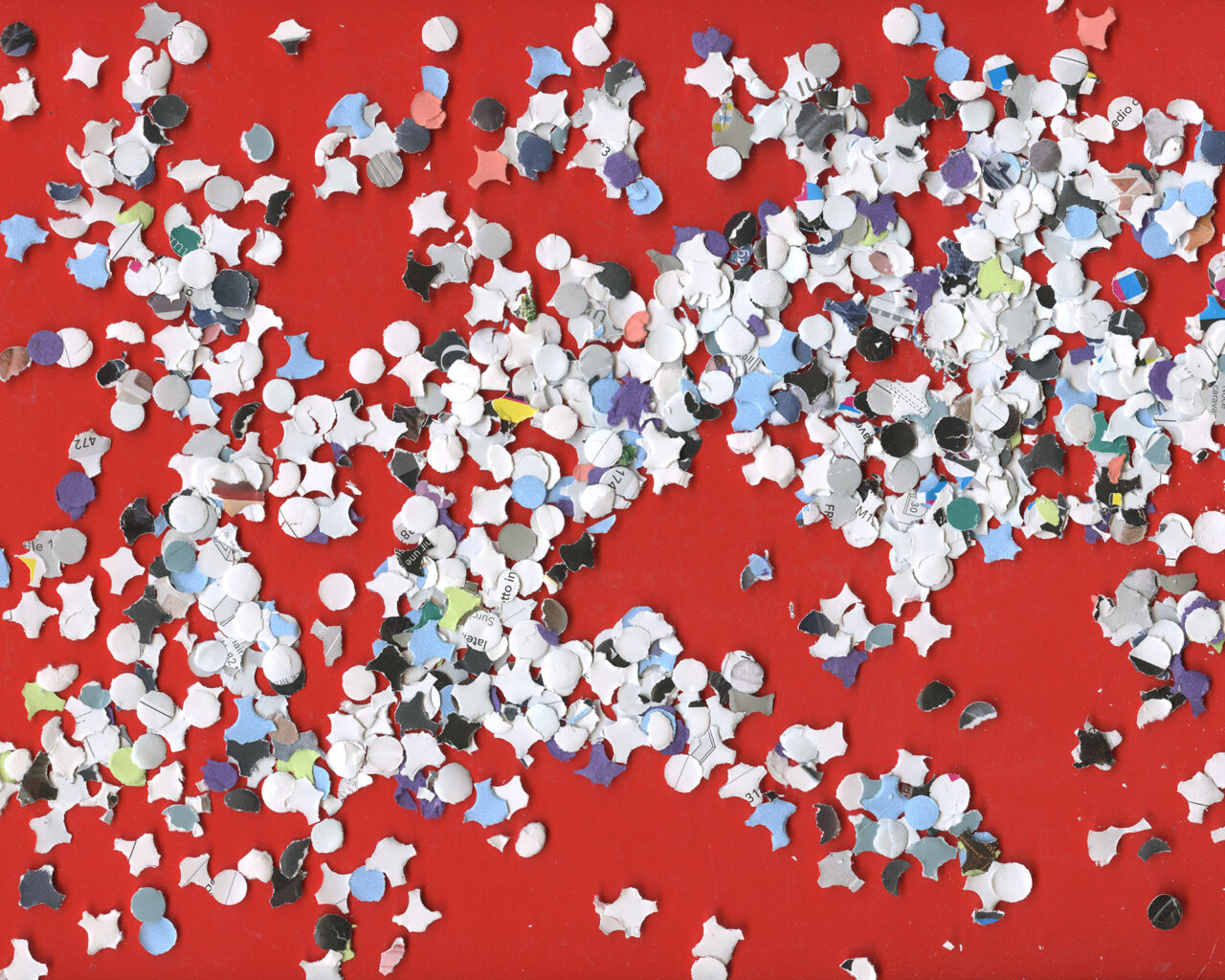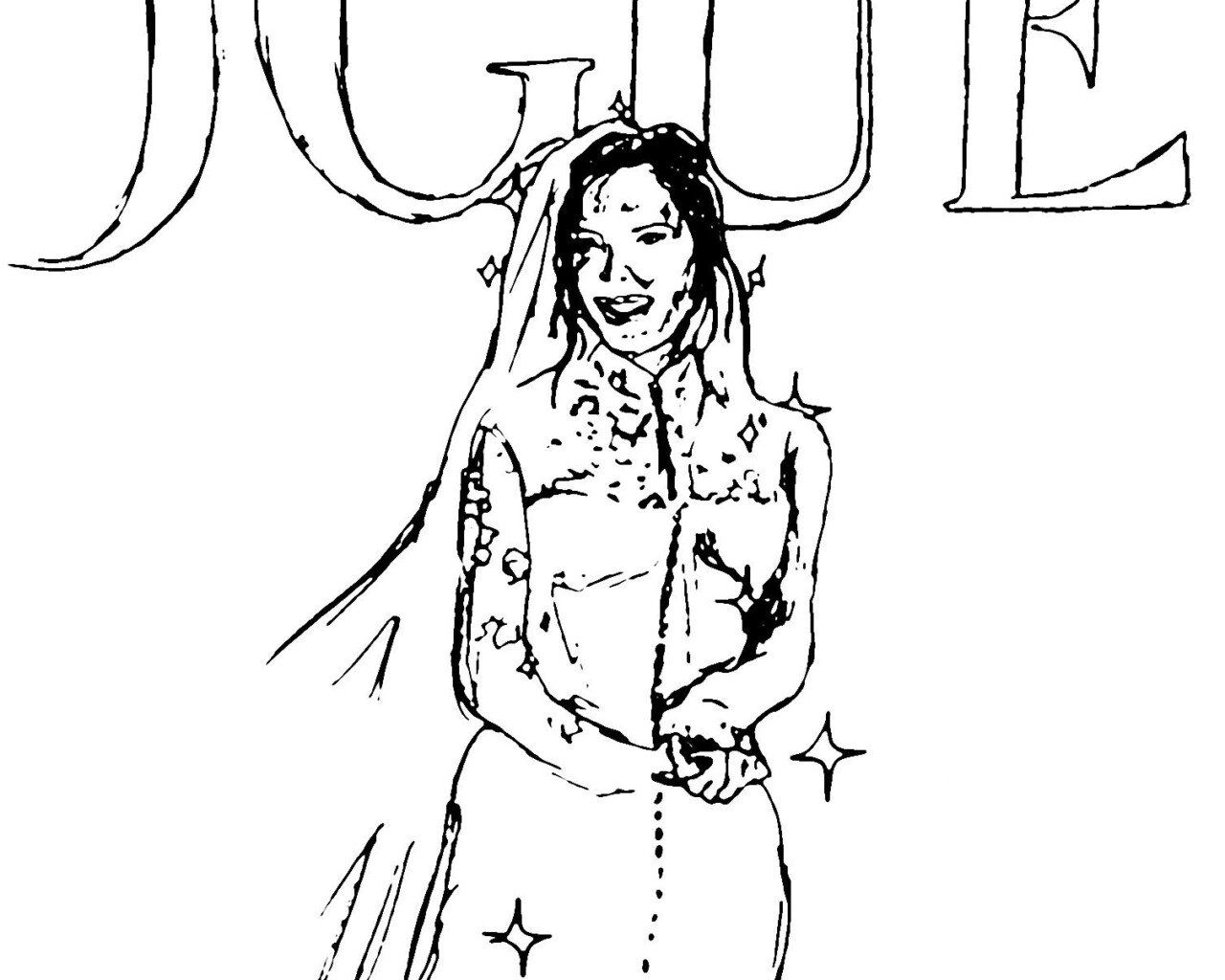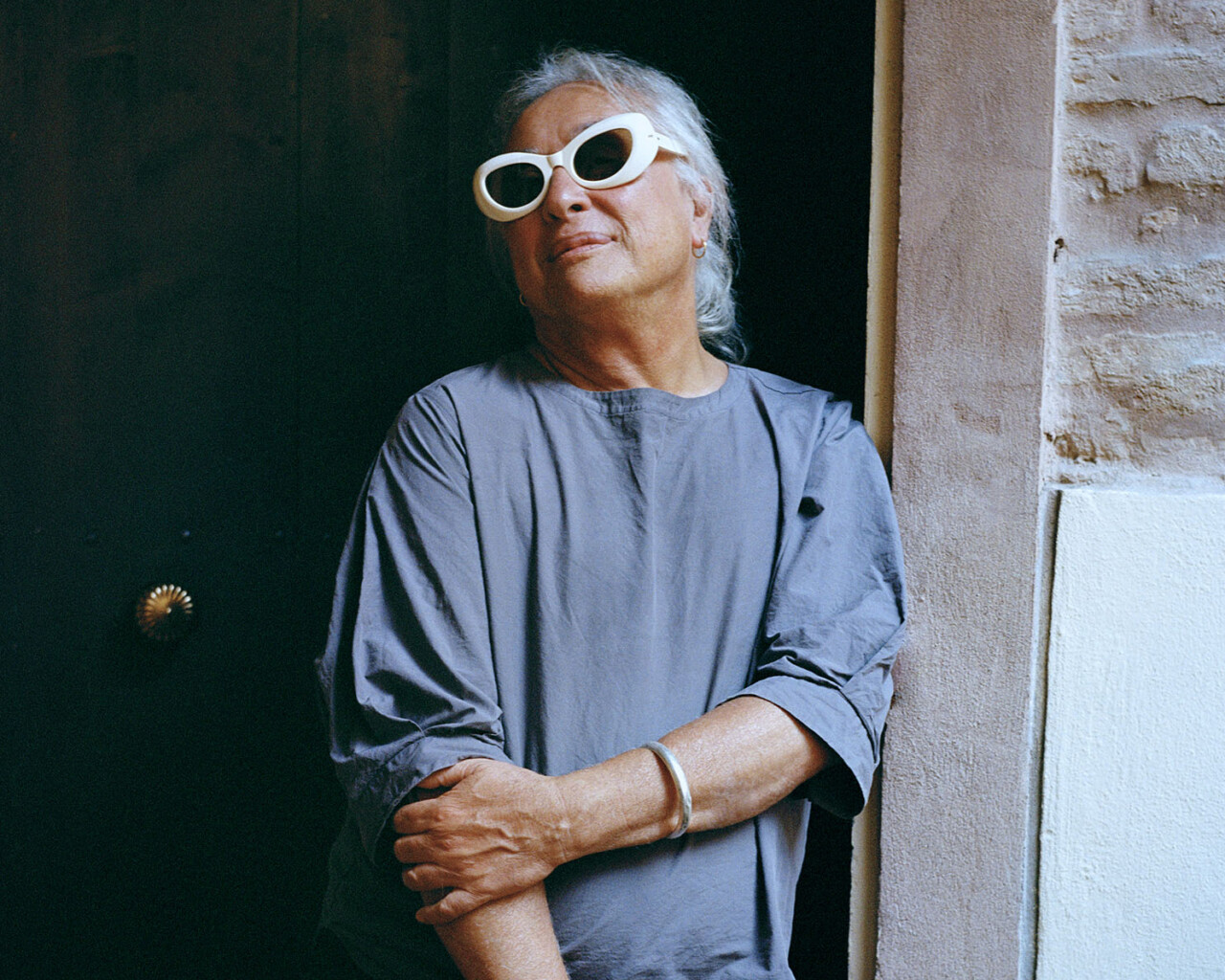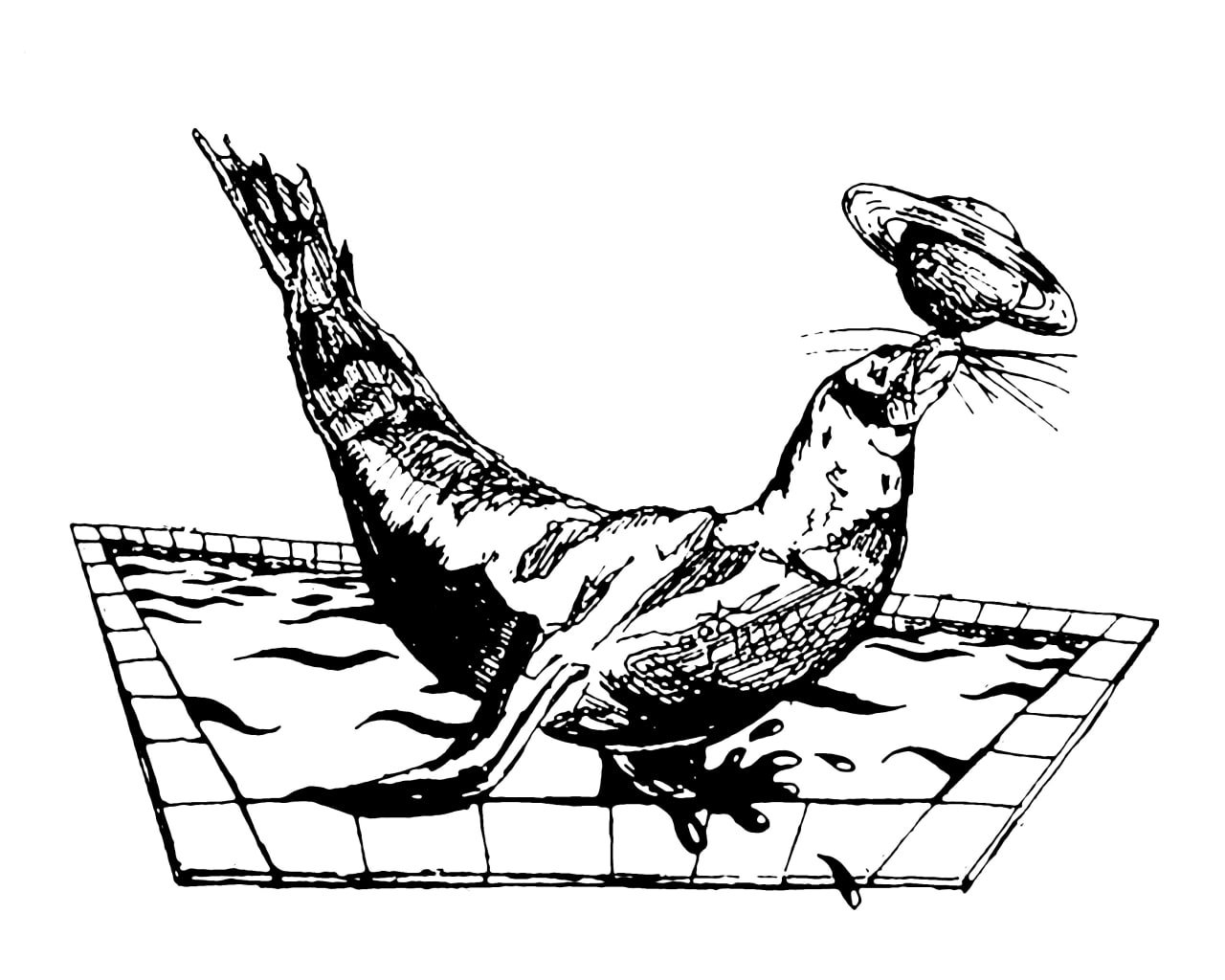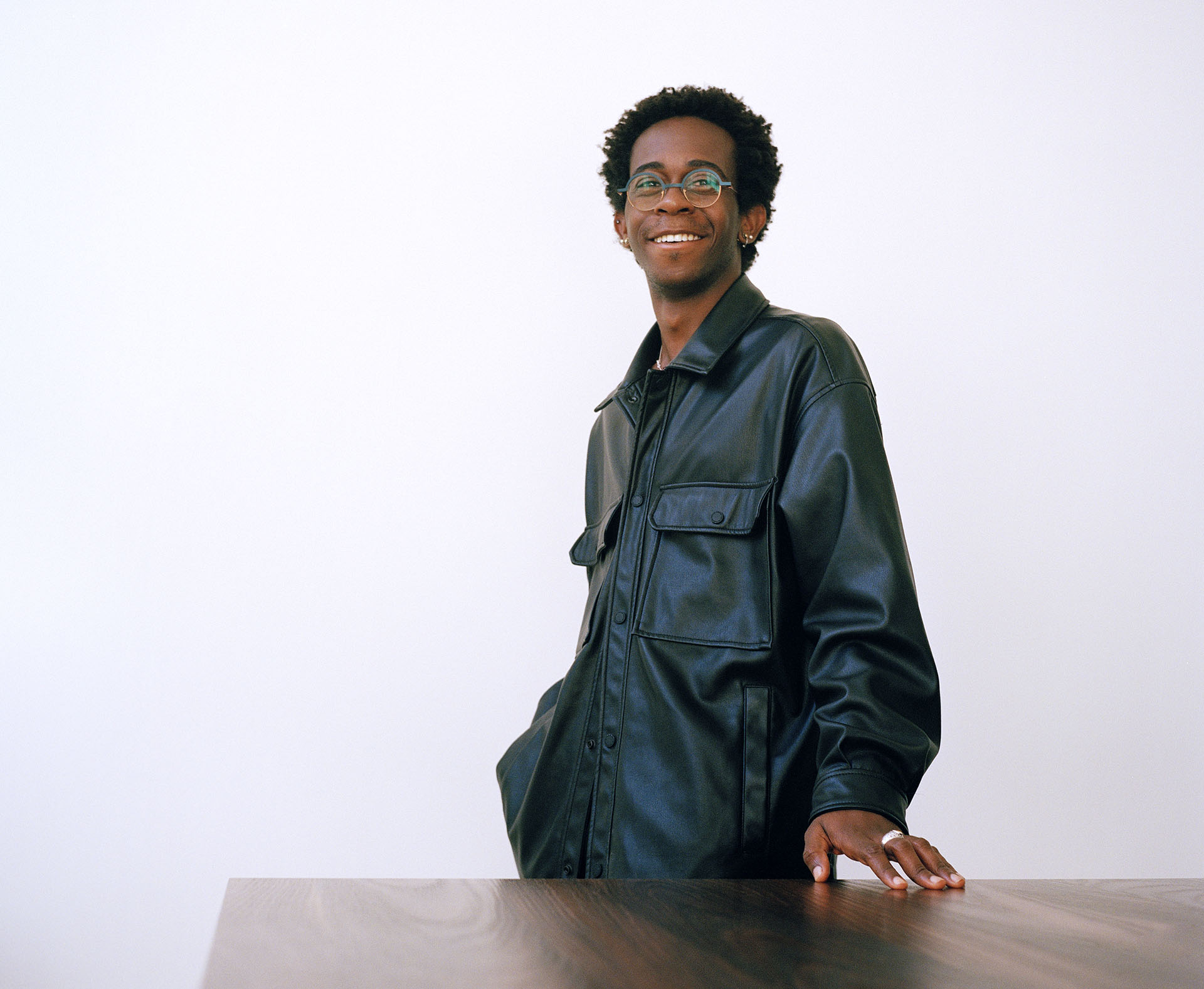
His Queer Blackness
Coriandoli • You can start by presenting yourself, how old you are, where you were born and when you came to Italy…
Jordan Anderson • I am Jordan Anderson, I’m 23 years old and I live in Milan. I am Jamaican and I came to Italy in January 2017.
C • Why did you decide to come to Italy?
JA • For work mainly. It was a bit of a random choice. At first I was only supposed to stay here for a year because I wanted to do something new and learn a new language, so I studied Italian for six months. Once I got here I liked it and I decided to stay longer to work in the industry, and that was pretty much it.
C • What was it that you liked about Italy, if anything?
JA • There is so much beauty everywhere you go. In Milan specifically I liked the people, or the mix of people: there are so many different types of characters from all over the world here, especially in Milan. I guess I just liked the vibe, the food… that’s what drew me here and made me stay.
C • Can you describe ‘the vibe’ in three words? What makes Milan Milan?
JA • Good wine comes to mind, fashion comes to mind. Milan is very organised and very clean. I like that.
C • I am interested in your perspective as someone who wasn’t born here and didn’t come here at a super young age. I moved to the UK when I was 18 and I almost felt more at home in London than I ever did in my actual home country.
JA • No, I don’t feel that way. Milan is home enough. It’s good for work.
C • Interesting. I’m wondering if there are some aspects of Italian culture that you made your own in any way?
JA • Of course. Italian culture has definitely influenced me in many different ways. The way I speak for example: when I talk to my Jamaican friends I use certain hand gestures and phrases. Italian culture has definitely been fused with my Jamaican essence and it has created a mix.
C • Do you still bring the Jamaican influence into your work? Did you learn new references that visibly influence you or do you keep going back to the stage before you moved here?
JA • I never go back to the stage before I moved here. There are always new references. I can’t be a single version of myself, there are so many parts and so many different facets. That’s what I try to always show in my work. I do reference Jamaica of course, but Jamaica is such a broad concept and it can be shown in so many different ways, just like Italy.
C • It is very apparent in your range of interests and in the work that you do that you’re always on the lookout for new things and
new ways of presenting other people. Your work comes across as very people-centred, and in many ways so is mine. Everything starts with the subject for me. I noticed that you care a lot about that as well.
JA • Yes, of course. As you put is so nicely, a lot of my work is very people-centred because I feel like in fashion the product gets centerstage and the people get lost. Why can’t we show both? Why can’t we show how a person interprets the product?
C • I think the explanation could be that people aren’t perfect, but fashion wants to be perfect so bad and it always wants to show the best side of itself.
JA • I completely agree with you, which is why sometimes I prefer art over fashion. Art has the ability to embrace everything, perfect or imperfect. Fashion is extremely fascinated with art. I don’t know why, but it is very fascinated with it.
C • I think about that a lot. I noticed that Milan is somehow honest in its approach to fashion, garment making and marketing in ways that London is not. I think that London pretends to be artistic and care for artistic integrity and unadulterated expression, but most of the time it is just an excuse to not pay you.
JA • I don’t know if I would say that. I feel a bit differently in terms of Milan and London. I don’t know if I would say Milan is honest. I don’t think that is the word I would use.
C • Well, Milan is honest in its approach to money. We are here, like you said, ‘for work’. It is way more transactional and…
JA • Simple? I would definitely use the word simple, but I don’t know if simple is always best. Simple, within fashion especially, often means direct and free of any artistic expression. In London it is the complete opposite, in a bad way as well. As you mentioned, sometimes people try to take advantage of you. There needs to be some sort of middle ground.
C • I completely agree. Although to be honest I am struggling to work that out…
JA • I think there is definitely change going on. There is pressure being put on the older generation to make change or leave. At Vogue Italia or anywhere else, we need people who bring new and progressive ideas that will cause change and impact. It’s not only about what looks pretty anymore. Of course it will always be about what will sell the most because at the end of the day people have to pay their bills, but there is a way to sell while having impact – and I think fashion is figuring that out right now.
C • I think so too. This is an interesting capitalistic phenomenon that we’re living through right now, which is probably unprecedented in human history: these huge brands and conglomerates now have to be inclusive for the sake of sales. We live in a globalised culture and these huge companies cannot
count on one market for their survival.
JA • I agree with you to some extent. Sooner or later, a lot of international companies have to make change and be inclusive. But there are also lots of companies who don’t have to, because their market and their audience has been exclusive by design.
C • That is also true, but like I said earlier fashion always wants to look its best. If you’re a fashion brand in 2021 it would just be bad for you to be racist or transphobic or whatever. It’s just simple marketing.
JA • A lot of companies find it okay to just be on the borderline. They are not necessarily being racist or transphobic, but they don’t actively do anything to challenge the status quo. Their strategy often is: just be white, just be plain, just be vanilla, and they thrive and they still make money. I mean, look at Dolce & Gabbana…
C • It is interesting how they are still being featured in editorials and on red carpets. They must be paying to be included. What stylist is going to use Dolce and Gabbana for free?
JA • There are a lot of stylists who are still using Dolce & Gabbana. A lot of them are being paid. But still. I wouldn’t fucking wear Dolce and Gabbana even if you paid me. Not because I think it’s ugly, and I don’t necessarily expect other people to do the same thing. It’s just my choice.
C • The line is blurred. Are you supporting them or are you getting paid? Are those two different things?
JA • It is both. If you accept payment you are supporting them. You are using yourself as a billboard for them. You are essentially selling yourself, your image and your following.
C • I feel that. Do you think this attitude is prevalent here? Or do you feel that people are willing to change and willing to learn?
JA • Of course I think there is room for change, and from what I’ve seen there are now people who want and are pushing for genuine change in different scopes, whether we’re talking about race or gender or sexuality. However, Italy is a country that is mainly inhabited by lots of old people. These grandfathers and grandmothers pass on the same conservative mentality to their grandchildren. For this reason there is still this lingering sense of hesitancy and we are not moving as fast as we should be. It is a very very slow process. The rich white men and the rich white women at the head of society – mainly the rich white men – they’re not going to lose money if somebody says something problematic. They’re not going to care because their money is not in jeopardy.
C • The conversation hasn’t even caught up to this point. If someone does blackface on tv in Italy, that is not an issue because nobody even knows what blackface is. To most Italians, being Italian means being white. It is a really
established idea. I know so many people my age that will tell you that you can’t be black and Italian. I worry about that because that is such a basic concept and even that is up for debate apparently.
JA • It doesn’t surprise me in any way at all. I don’t know, I feel like I’ve gotten used to it. Not saying that I settle with it or ignore it, but it’s something that has happened so many times to me, to friends, on tv, on Instagram. I think that’s also because a lot of white Italians are so rooted in the idea of tradition and the idea that things have been done this way for centuries and it should be done that way forever. It is important to remember there is no one definition of history: there are so many people who have lived on this planet throughout history, there’s so much more than what you were taught in school. People should always be open to other interpretations and perspectives. You can only learn so much more if you are willing to learn so much more. I try to remind myself that everybody has their own truth and I cannot tell somebody that their experience is wrong.
C • I understand that it is hard to deconstruct your beliefs when these are thoughts that people go to for reference. They don’t want to look away because it gives them peace of mind.
JA • It’s definitely safe and grounding for them, and that state of mind is not something that speaks only to Italians. We always have to be open to learn.
C • It is extremely important to me to challenge what I think and feel. If something makes me insecure about my beliefs it means that they’re not making complete sense somewhere along the way and that there is a discrepancy. I’m always looking for fallacies and ideas that are at odds with each other. Obviously I do embrace contradictions, within myself and others and in the world around me at large, they are such important logical junctions and they are the key to understanding a lot of other concepts such as gender and race.
JA • I completely agree with what you are saying – people think the world is black and white, it’s either right or wrong, it’s either male or female. No. Like – why? There is so much more in between, life is so much more complex than that.
C • Are you religious? Like at all?
JA • No. I was raised in a very religious family, but personally I am not religious at all. I feel like religion is a choice, and it’s a choice I choose not to make. I can respect to an extent people who choose religion, but I’ve seen the destruction that it has caused and I experienced that destruction firsthand. That is not something I would like in my life at all.
C • I think it’s a really sophisticated psychological game. I find Catholic iconography especially beautiful and intriguing. I cannot pretend that I’m not influenced by it, but then again I think the best works that have been produced by the Catholic imagination were really an excuse for something else. (…) Do you ever look for inspiration in that world? For example, I’m
not religious and I don’t believe in magic in any meaningful way, but I do find the pagan world extremely fascinating. Magic as a metaphor is very important to my creative output because I see photography as this kind of special power that we have. When I take a picture of you, that image will last forever and it will freeze you as you are right now for eternity. The sun is shining hundreds of millions miles away so that you are lit perfectly for this picture. I see that as an insane feat of engineering and I don’t even fully understand how it works.
JA • I get you. I’m not a religious person but to some extent I am a spiritual person. I feel like I believe in everything and nothing. I believe in science but I also believe in poetry. Science is logical and poetry is not, and I feel like I am somewhere in-between the two. I am personally very fascinated with the unexplainable, things that don’t make any sense to human logic. I guess I do look for inspiration in that type of world. I don’t necessarily believe in magic but I don’t not believe in magic. I think everything can exist. We don’t know everything and I can’t pretend I do. I try to find inspiration in the things that I don’t know.
C • I was interested to know how you got started with MQBMBQ. As a student I was always told I should wait a few years before doing my own thing, but it looks like you’ve done it straight away.
JA • MQBMBQ stands for My Queer Blackness My Black Queerness. It’s a platform that speaks to black queer identity in art, music, fashion, poetry and any sort of artistic expression. I started it in June 2020 last year during Pride Month. There were many BLM protests going on and we were also in ********, a very strange time. Initially MQB started as a print sale: I noticed there were lots of print sales going on for black organisations, but there weren’t any for black trans organisations. As you know, black trans women were and still are being killed at a scary pace in America, Jamaica and the rest of the world, so I decided to do a fundraiser with 12 photographers who kindly contributed their work. We raised 1200 euros independently. I wanted to continue and do more projects infusing my personal sensibility, but also deliberately trying to be relatable to other people: MQB doesn’t only equal me, it shouldn’t only be about me and I don’t want it to only talk about me. It does however speak to and come from my experience.
C • What is so great about MQB is exactly this intersectionality: it deals with the point of interaction between queerness and blackness. It’s so inspiring and essential. Where do you see MQB going in the future?
JA • I’m not really sure. MQB is a platform, which means everything and nothing, so the answer is everywhere and nowhere. I just want to keep making projects that take on different forms while continuing to speak to blackness and queerness, while also helping people tell their stories and develop their artistic practices.
· · ·
Fotografia di Alessandro Merlo


